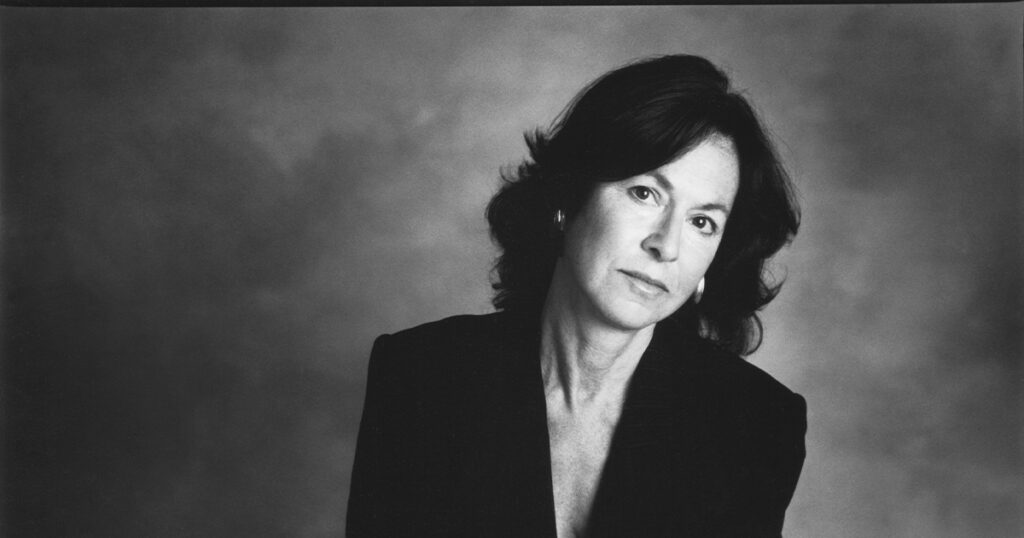
The news that the 2020 Nobel Prize in Literature goes to Louise Glück makes us especially proud to have published poems from her books A Village Life (2009) and Faithful and Virtuous Night (2014) and, most recently, poetry that will appear in her next book, Winter Recipes from the Collective, scheduled for publication next year.
Glück is known as a poet of the inner life. Her searching lyrics and dramatic monologues face up to hard human truths: the certainty of death, the way love mixes with hate and envy, and the solitude of every mind. The poems are often called “austere,” and they can be that.
But her poems are also sneakily funny, composed with a comedian’s perfect timing (“I threw some snow over my shoulder, / since I had no salt.”). They are less about the isolated self than about the self seeking its place in nature and community. They reclaim beauty and dignity, without illusion, again and again, from a bleak contemporary landscape:
From within the earth’s
bitter disgrace, coldness and barrennessmy friend the moon rises:
she is beautiful tonight, but when is she not beautiful?—from “October”
Glück is only the third woman poet to be honored by the Nobel Prize in Literature, following Gabriela Mistral in 1945 and Wisława Szymborska in 1996.
In an era when public language in America is commonly used to lie, obfuscate, and threaten, let us cheer the awarding of this prize to a poet who has dedicated a lifetime to the precise use of words, and to the kind of truths poetry can tell.
Read her most recent poem in the Scholar here.

